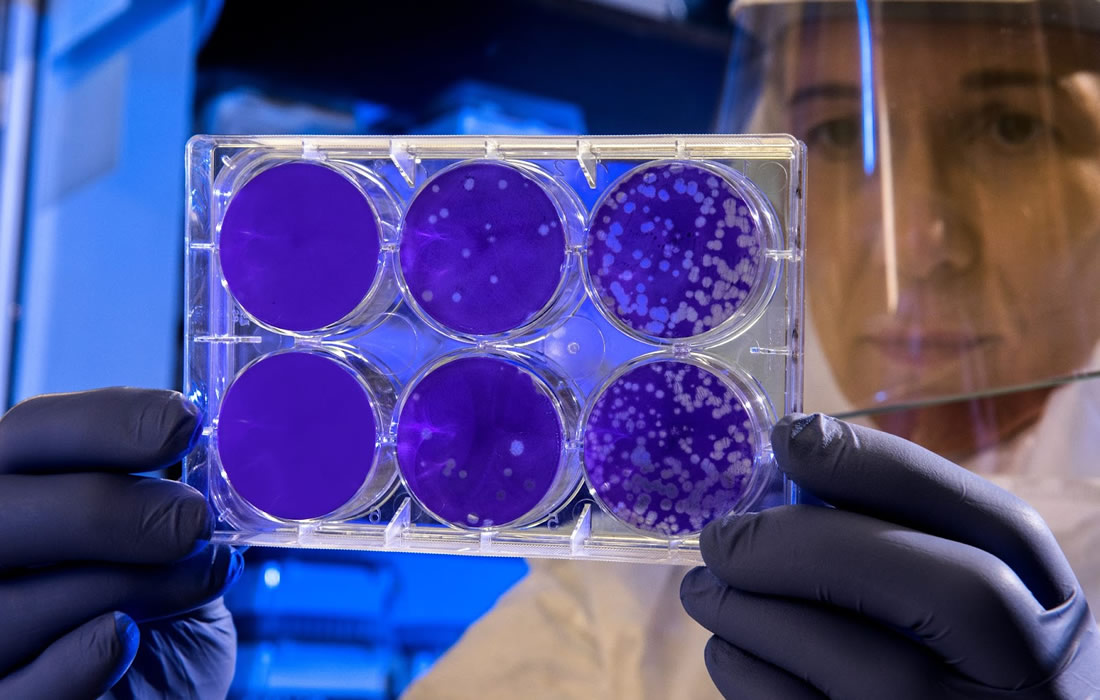ß cells are critical guardians of the body’s metabolic balance. They are the only cells capable of producing insulin, which regulates blood sugar levels by designating dietary sugar for immediate use or storage. In Type 1 diabetes, ß cells are attacked by the body’s own immune system, rendering them unable to produce insulin. Type 2 […]
Category Archives: Regenerative Medicine News and General Information
Aging, or senescent cells, which stop dividing but don’t die, can accumulate in the body over the years and fuel chronic inflammation that contributes to conditions such as cancer and degenerative disorders. In mice, eliminating senescent cells from aging tissues can restore tissue balance and lead to an increased healthy lifespan. A team led by […]
While new drugs to treat Alzheimer’s disease tend to receive the most public attention, many well-researched ways to care for people with dementia don’t involve medication. A new evaluation compared the cost-effectiveness of four non-drug interventions to the usual care received by people with dementia and found that the interventions not only resulted in a […]
Analyzing changes to DNA in the blood can improve the ability to predict a person’s risk of developing type 2 diabetes within a decade. Scientists looked at the influence of these changes — known as DNA methylation — alongside other risk factors in almost 15,000 people to predict the likelihood of developing the condition years […]
Researchers at Simon Fraser University are studying the genes of superbugs to aid the development of new and effective treatments for drug-resistant bacterial infections. “Antimicrobial resistance occurs when the disease-causing bacteria has ways to overcome the antibiotics that we use in treatment for infections,” says assistant professor Amy Lee, of SFU’s Department of Molecular Biology […]
Each year about 1.5 million people in the U.S. survive a traumatic brain injury due to a fall, car accident, or a sports injury, which can cause immediate and long-term disability. University of Maryland School of Medicine (UMSOM) researchers wanted to better understand what happens in the brain during injury, so they conducted a study […]
A recent study, published in Neuropsychopharmacology, conducted by researchers from the University of Helsinki and the University of Eastern Finland, sheds light on the mechanisms of neural plasticity induced by the antidepressant fluoxetine. Previous research by the same team showed that chronic treatment with antidepressants increased neural plasticity through direct binding to neurotrophic receptor TrkB, […]
Researchers at Boston University, USA report that the flow of cerebrospinal fluid in the brain is linked to waking brain activity. Led by Stephanie Williams, and publishing in the open access journal PLOS Biology on March 30th, the study demonstrates that manipulating blood flow in the brain with visual stimulation induces complementary fluid flow. The […]
Acetylcholine regulates blood flow, but the source of blood acetylcholine has been unclear. Now, researchers at Karolinska Institutet have discovered that certain T cells in human blood can produce acetylcholine, which may help regulate blood pressure and inflammation. The study, which is published in PNAS, also demonstrates a possible association between these immune cells in […]
It might become possible to inject proteins into specific cells in the body thanks to bacterial “nanosyringes” tweaked to target human cells. This could lead to safer and more effective treatments for a wide range of conditions, including cancer. Large molecules such as proteins can have much more specific and powerful effects than small-molecule drugs […]










